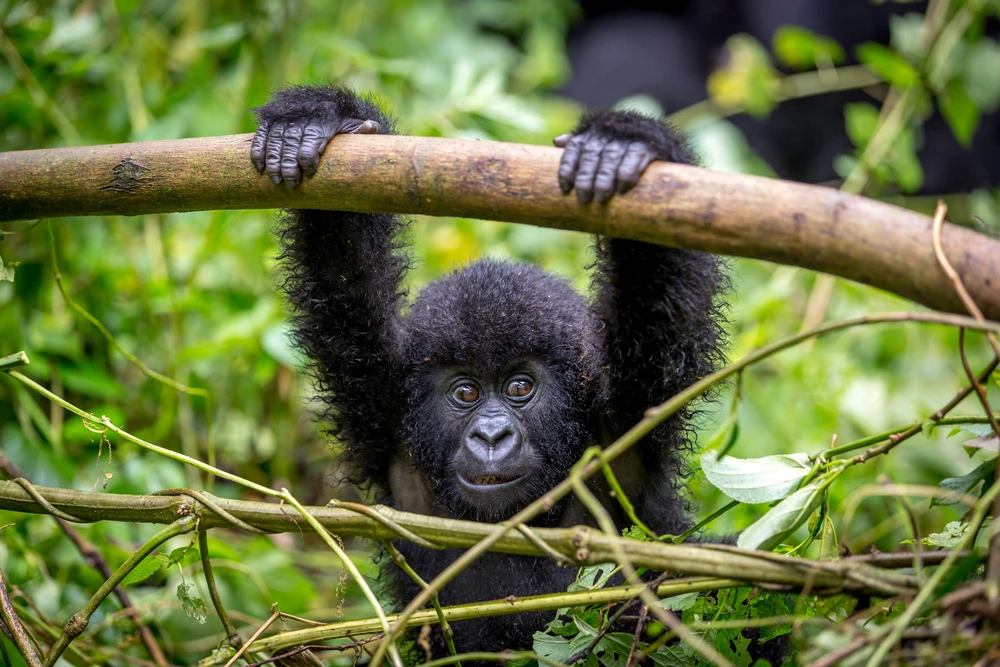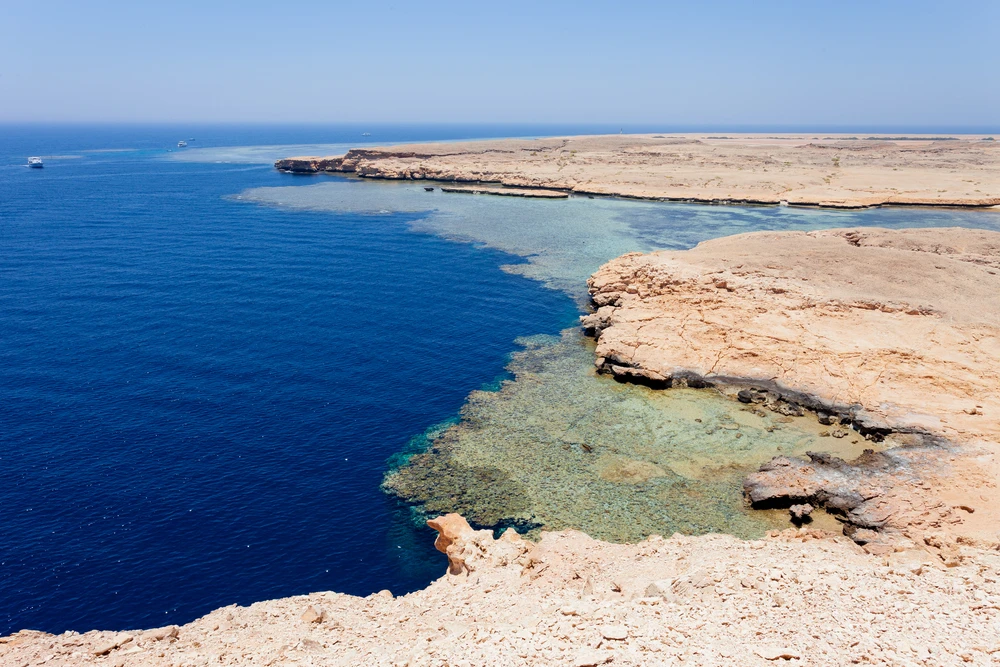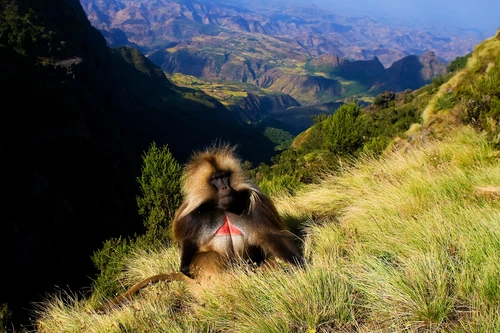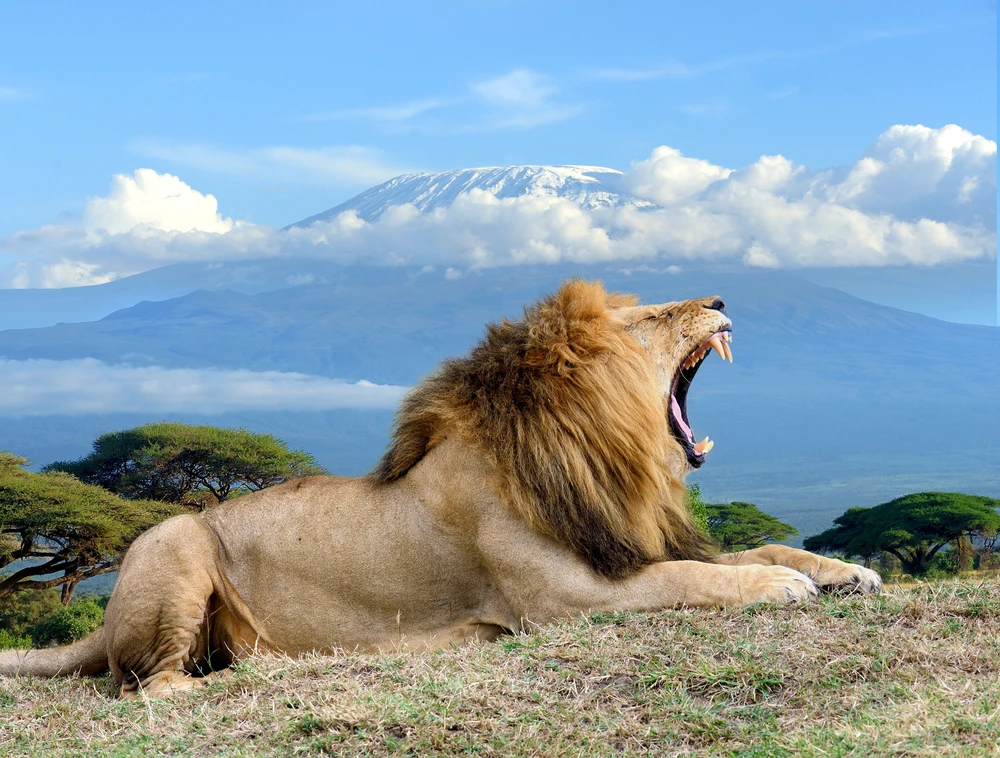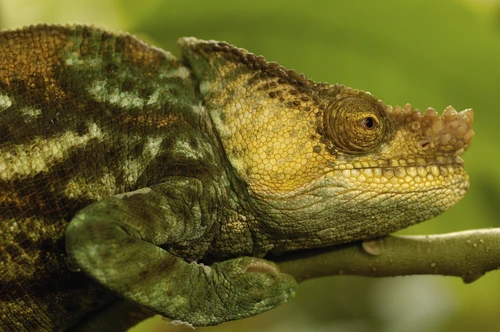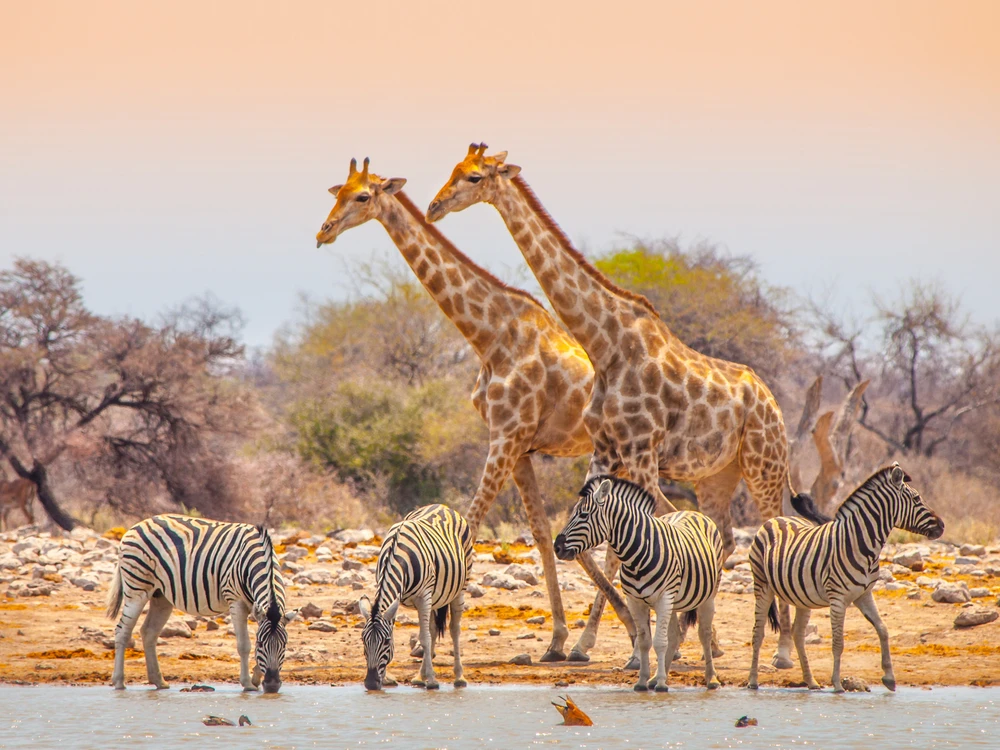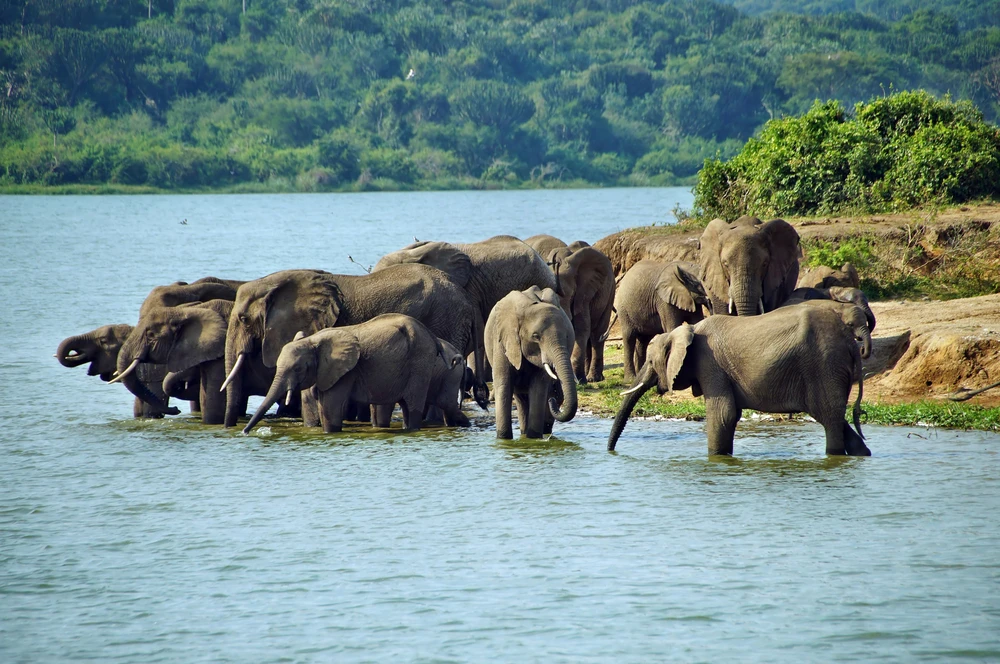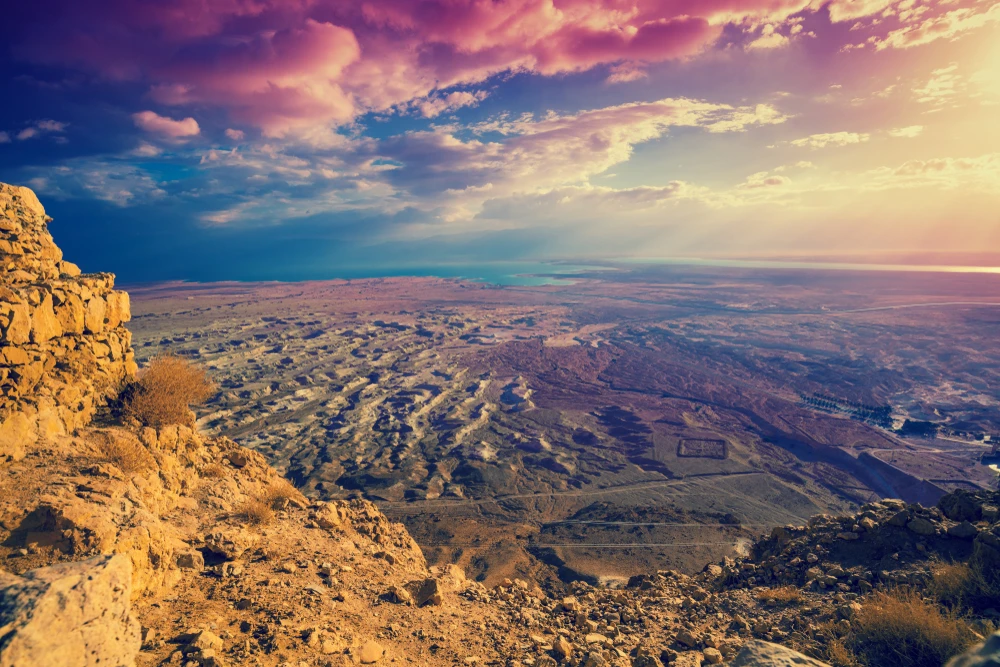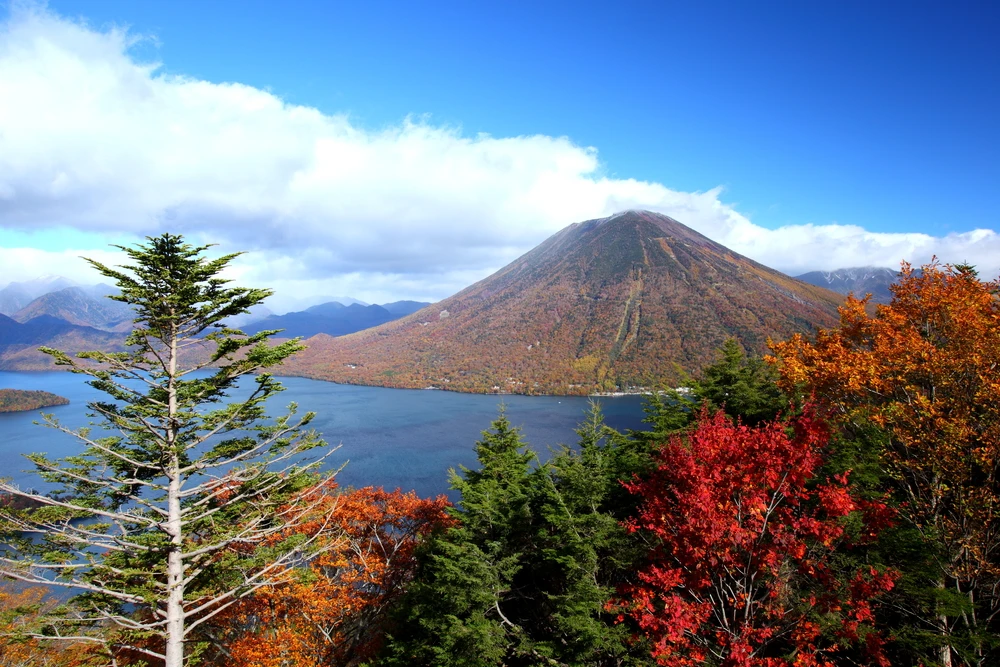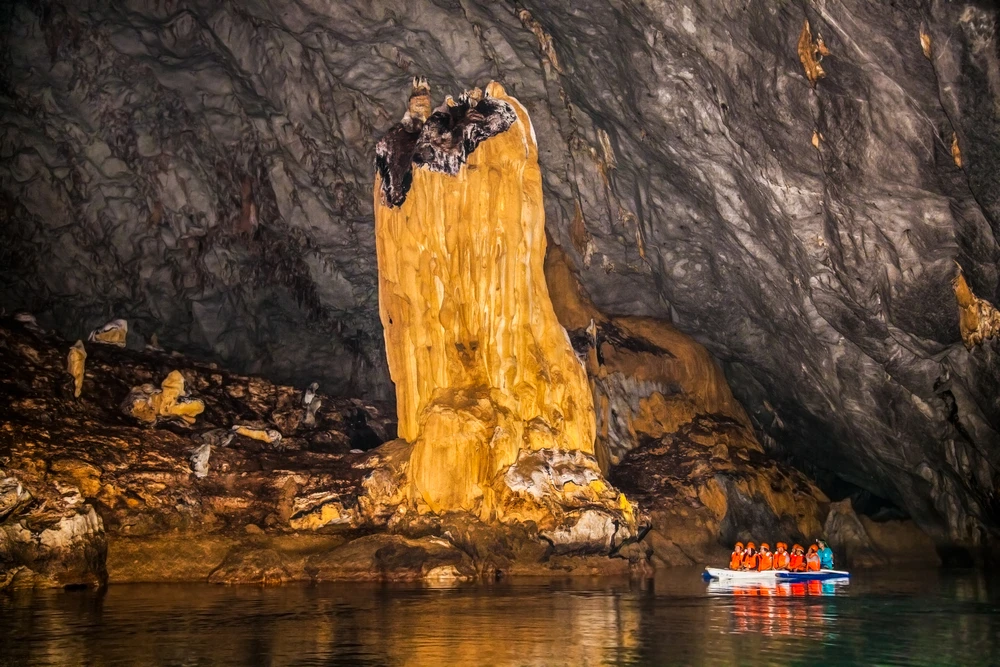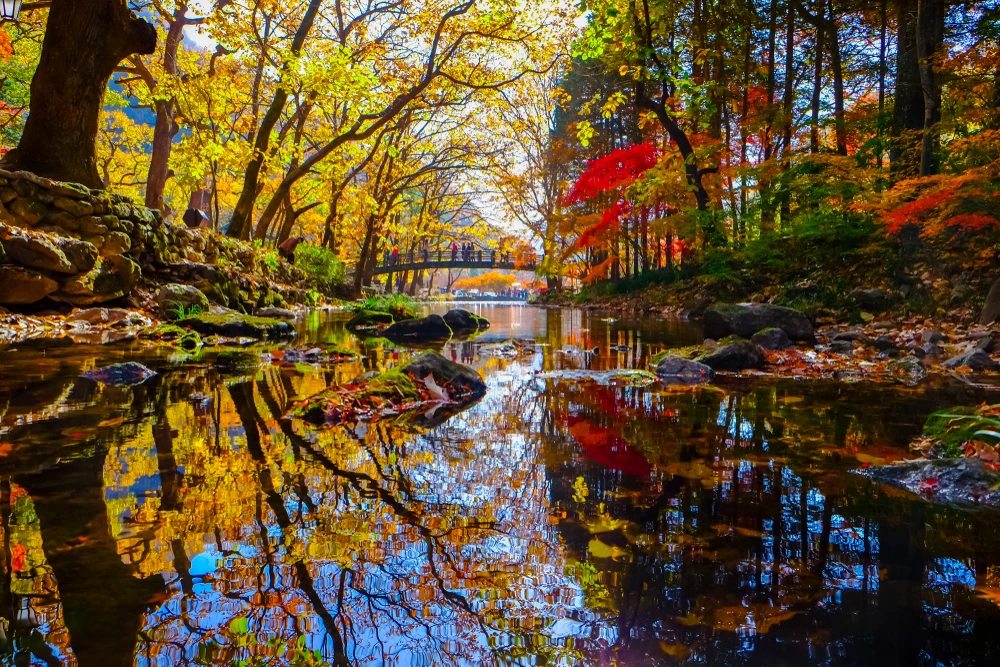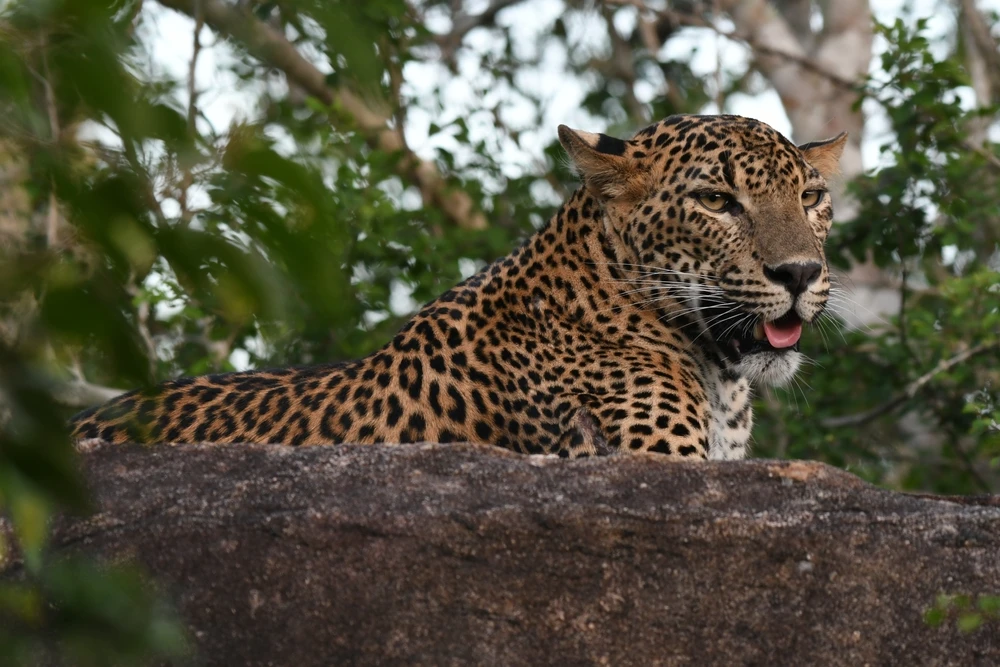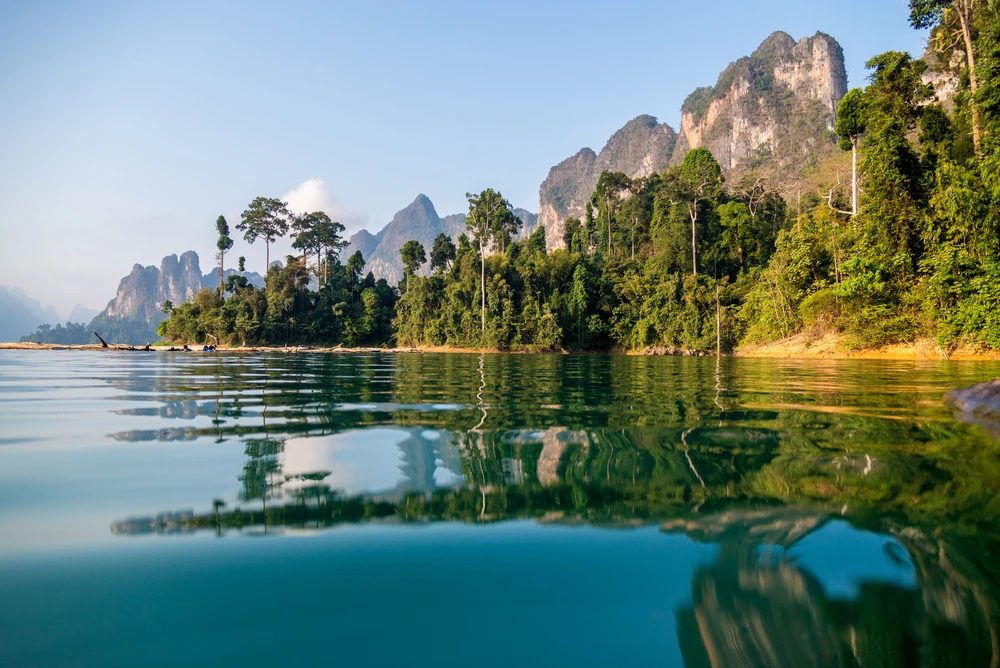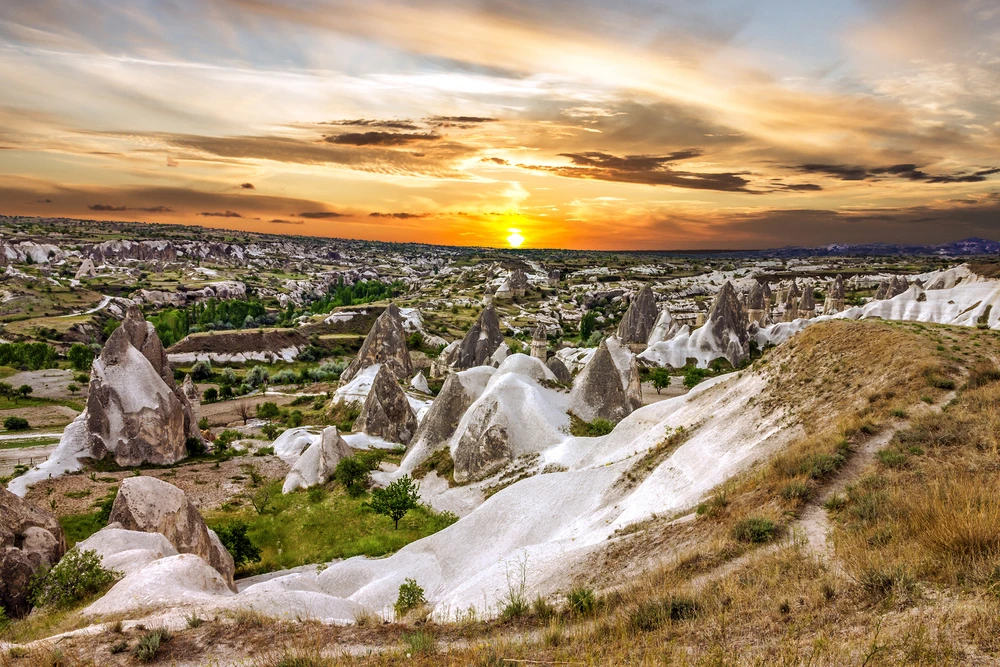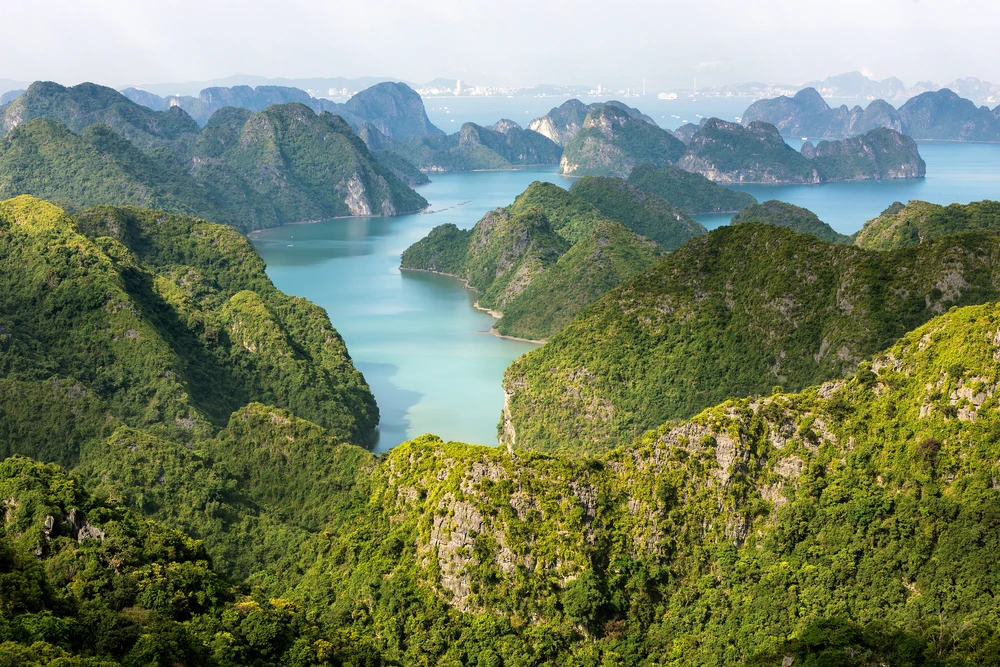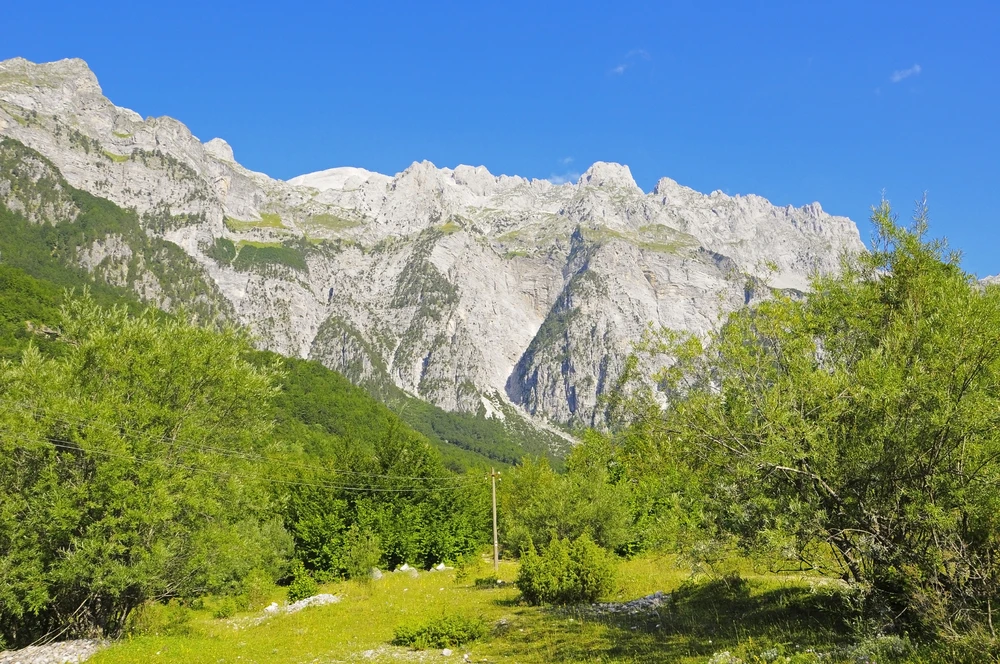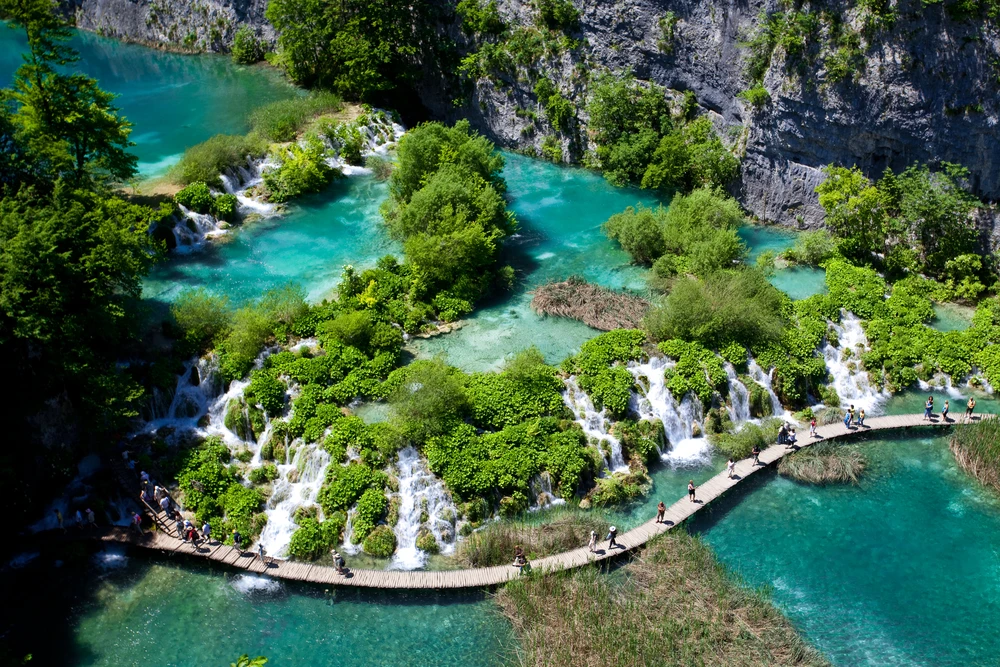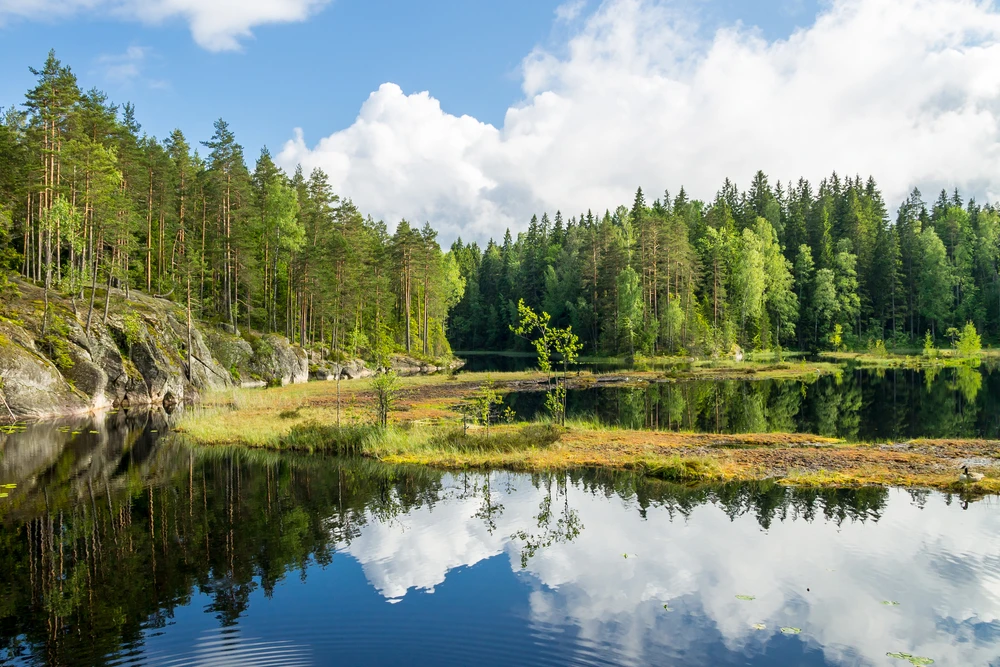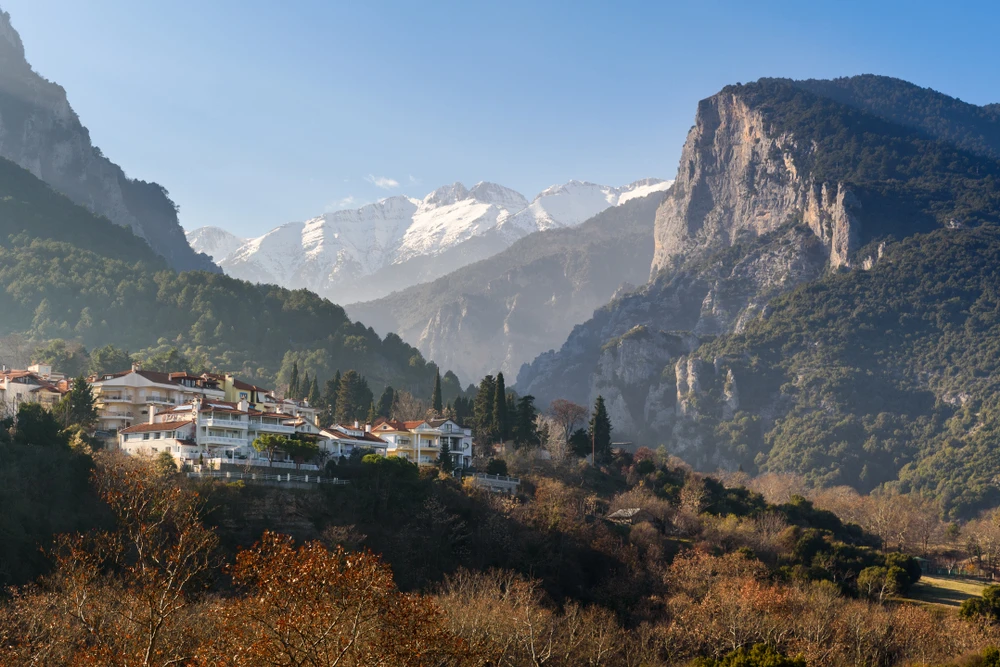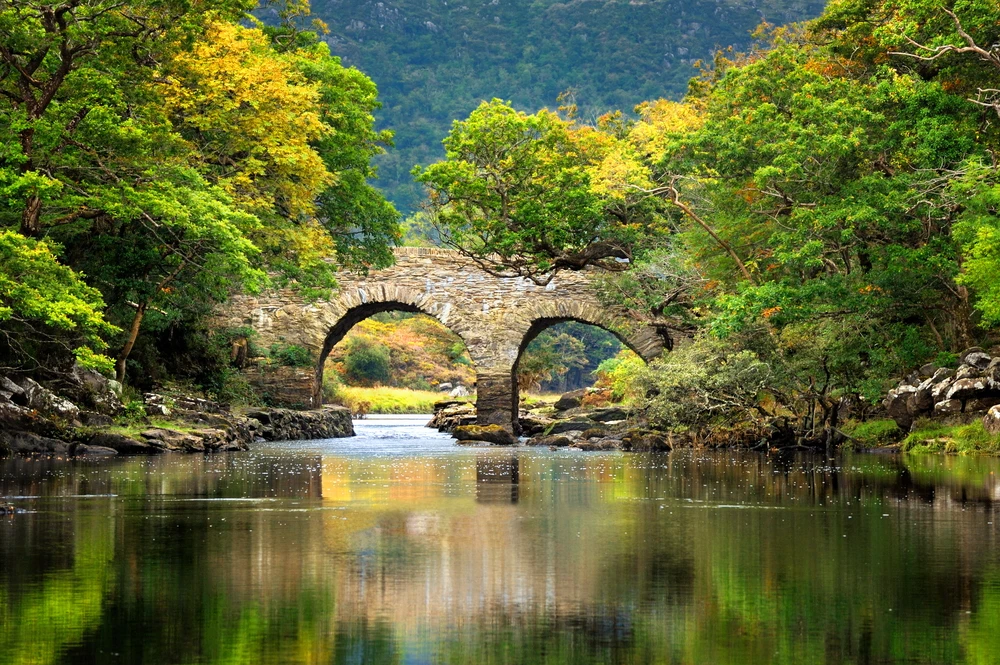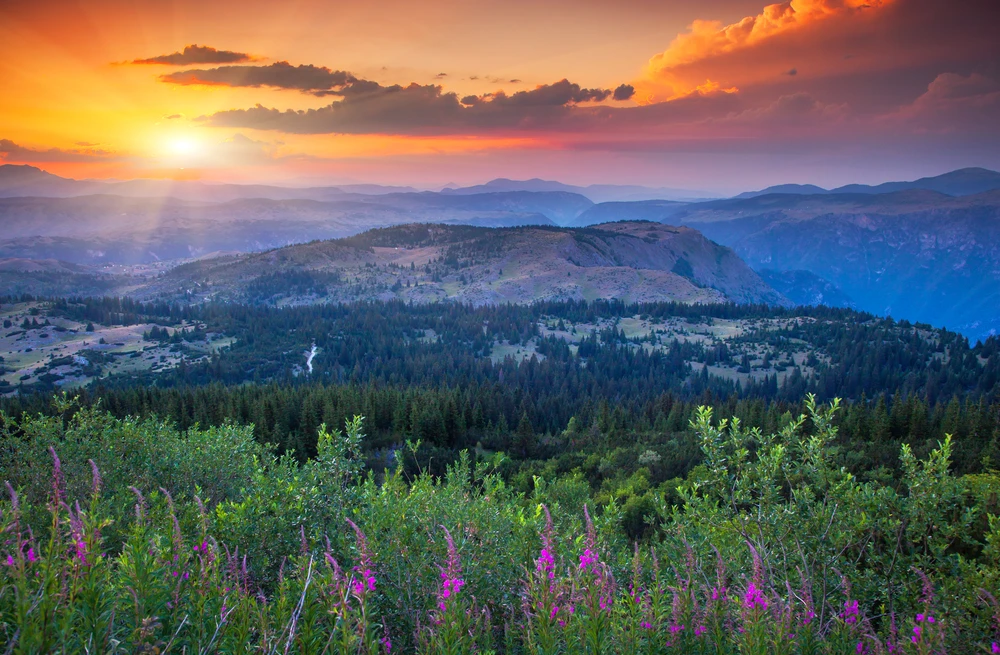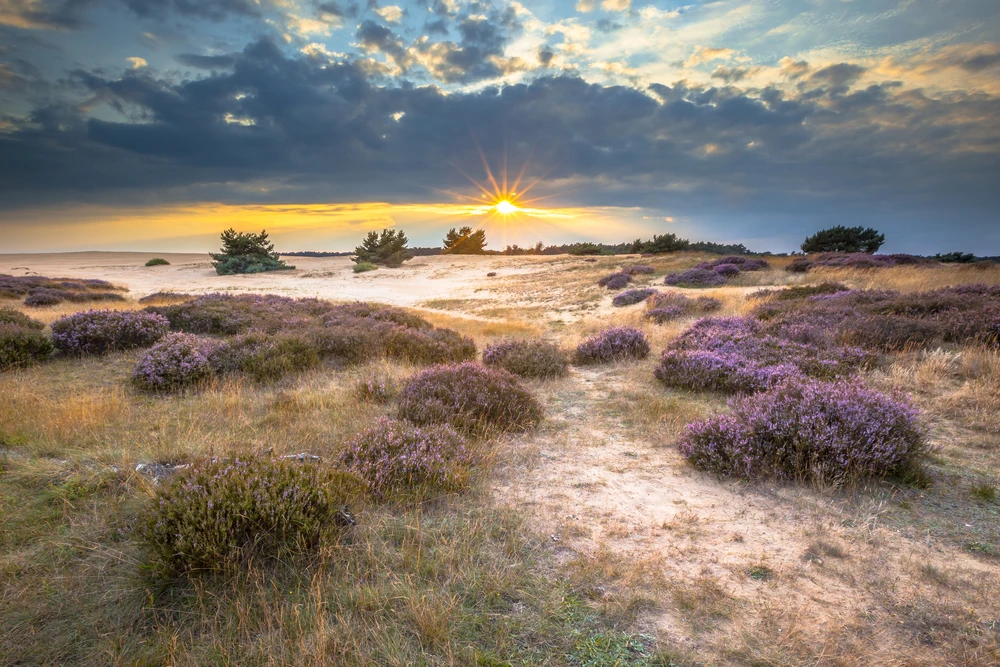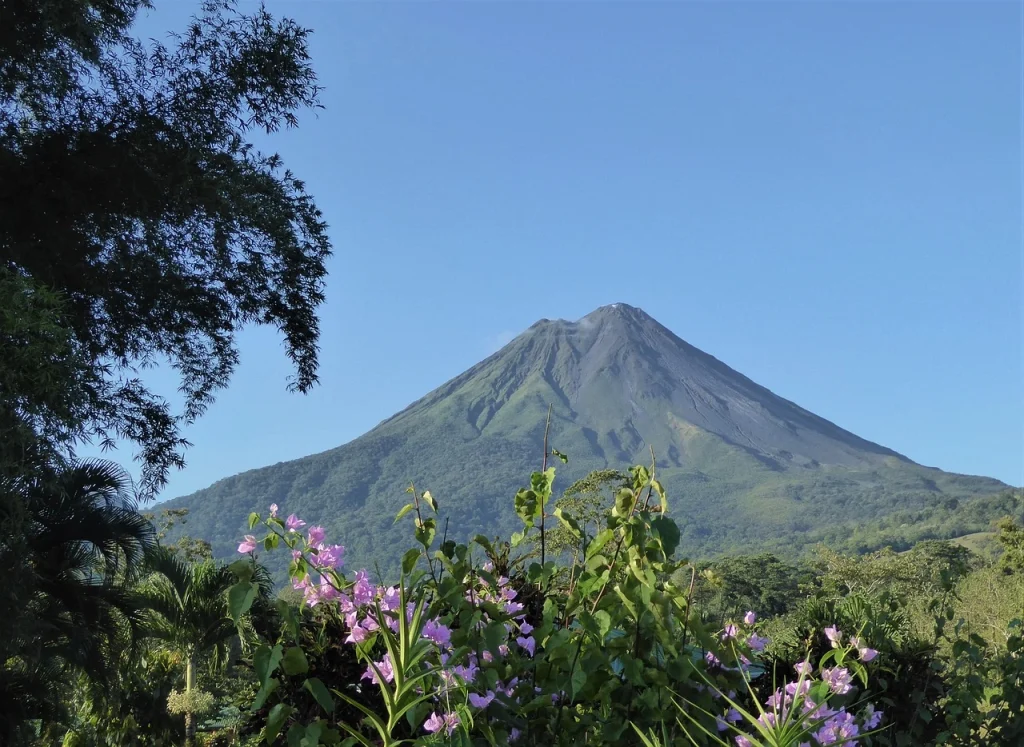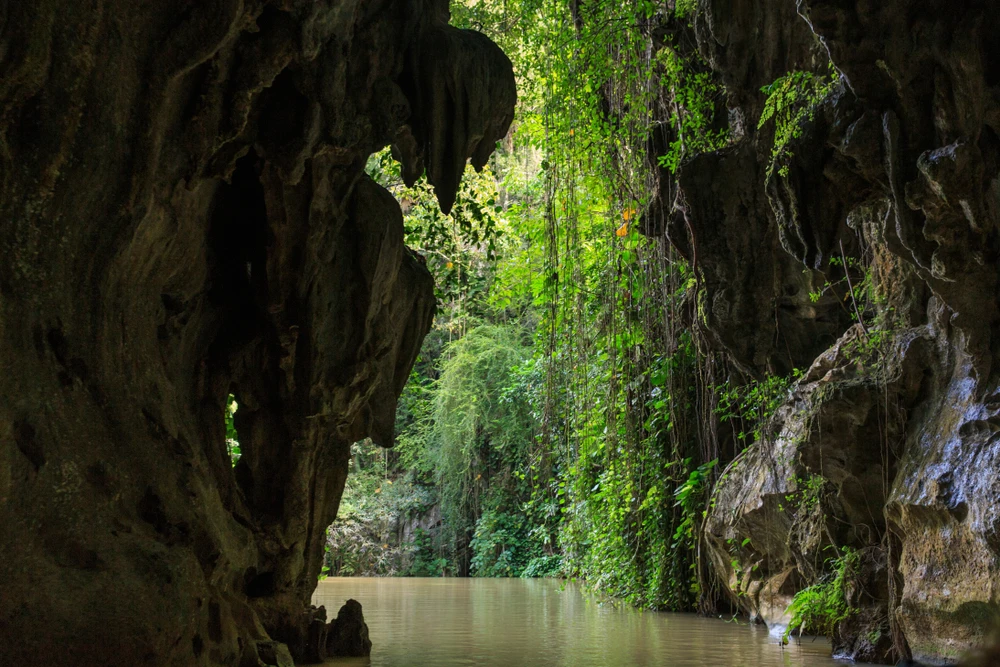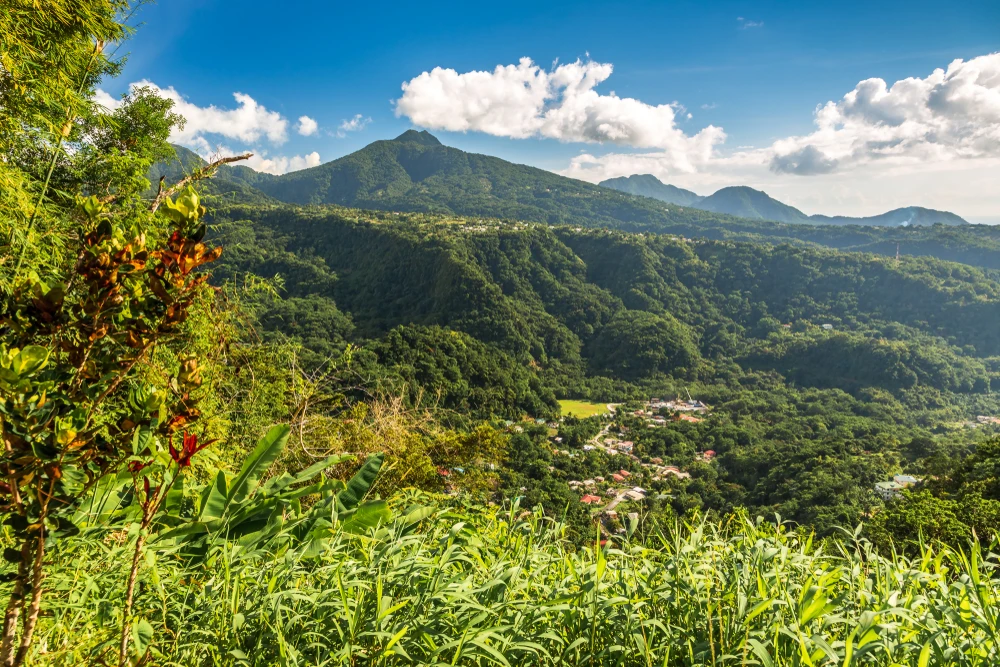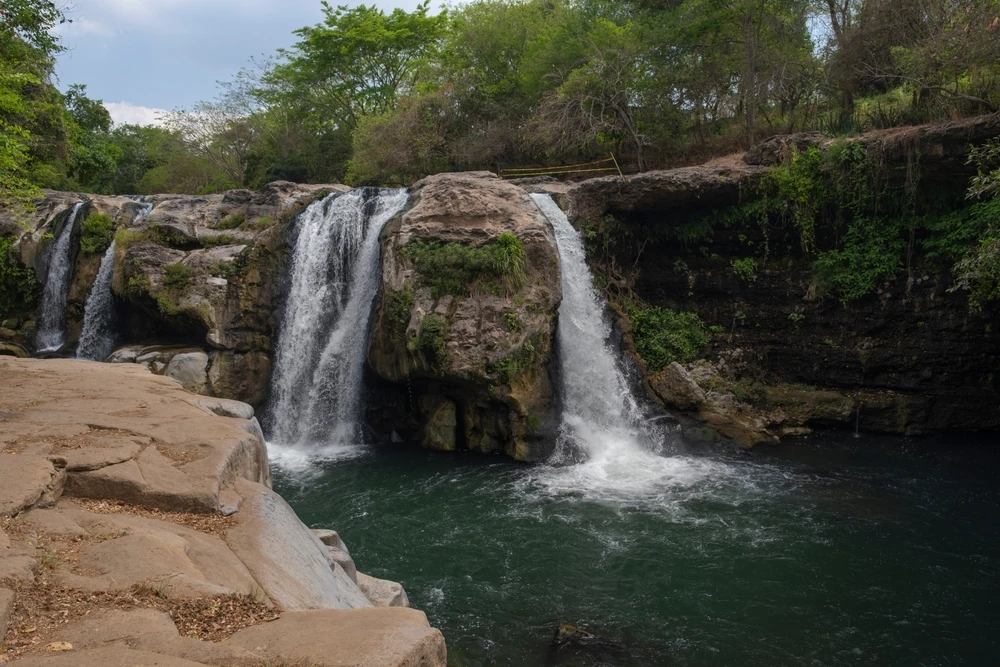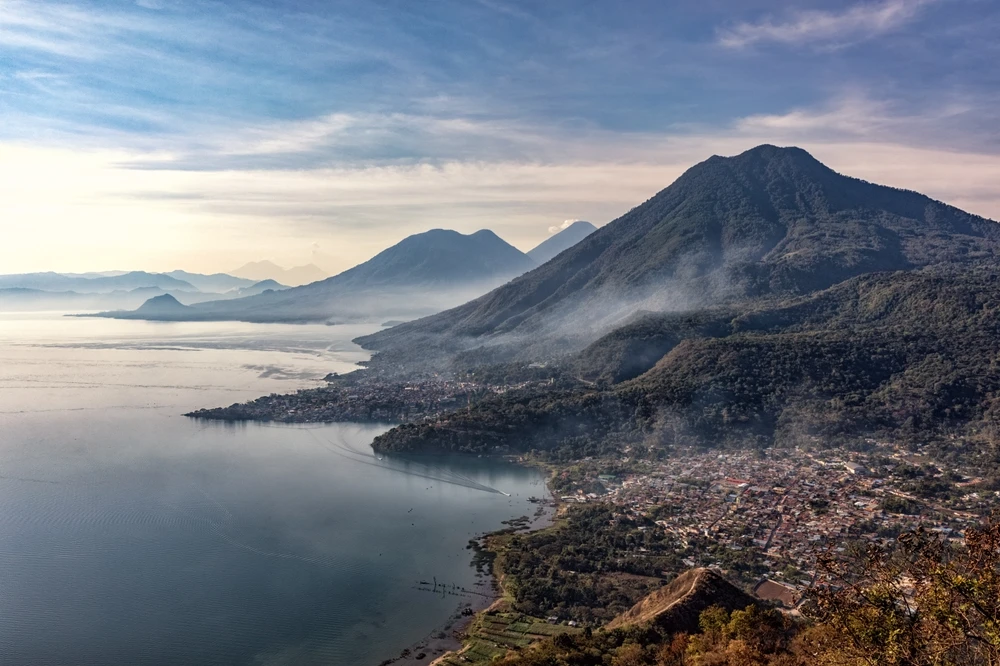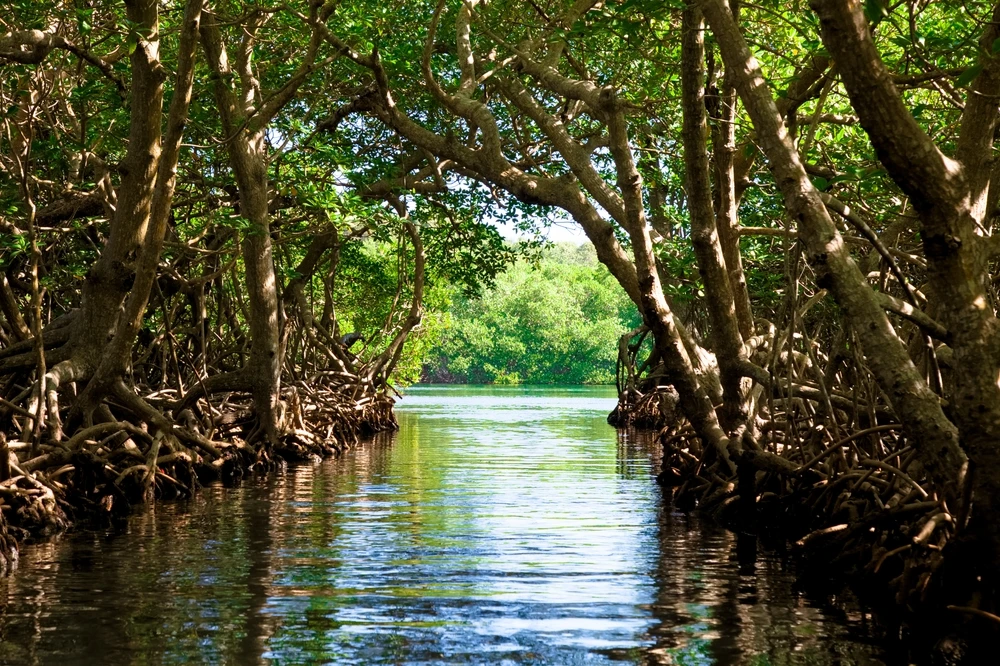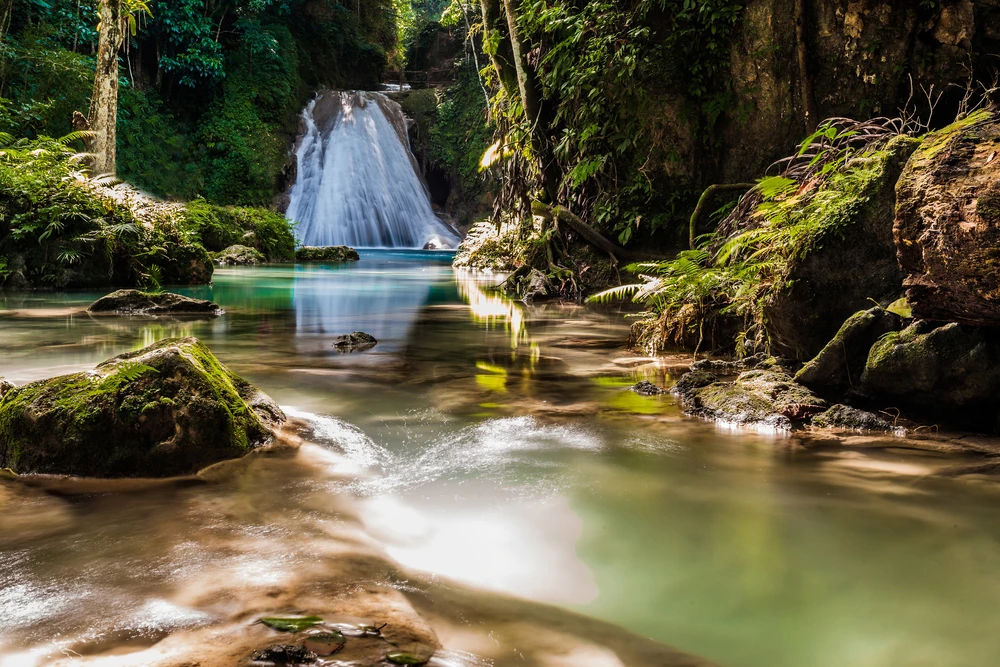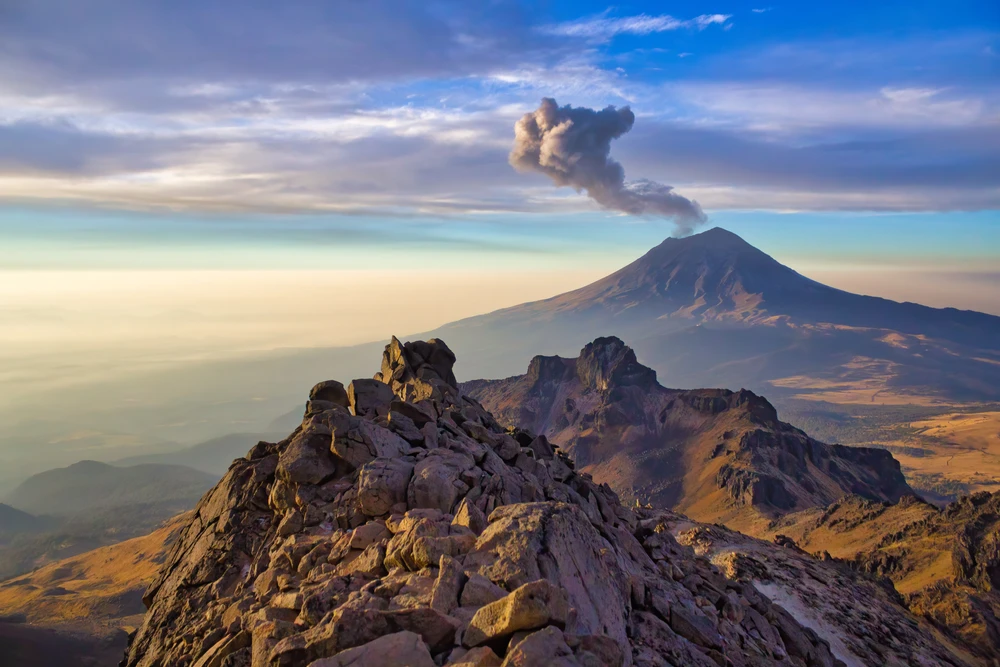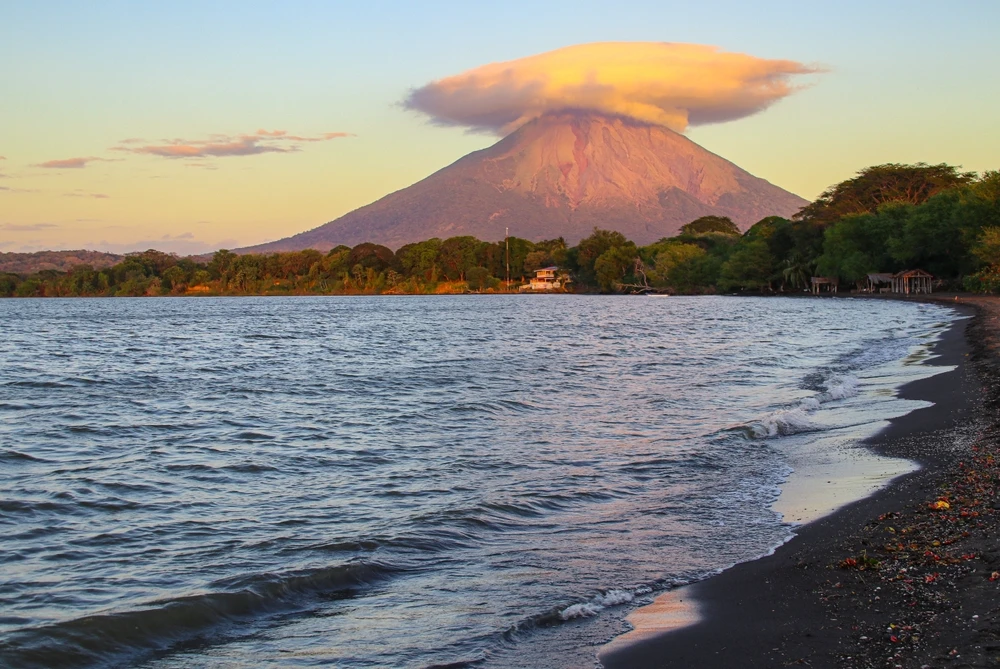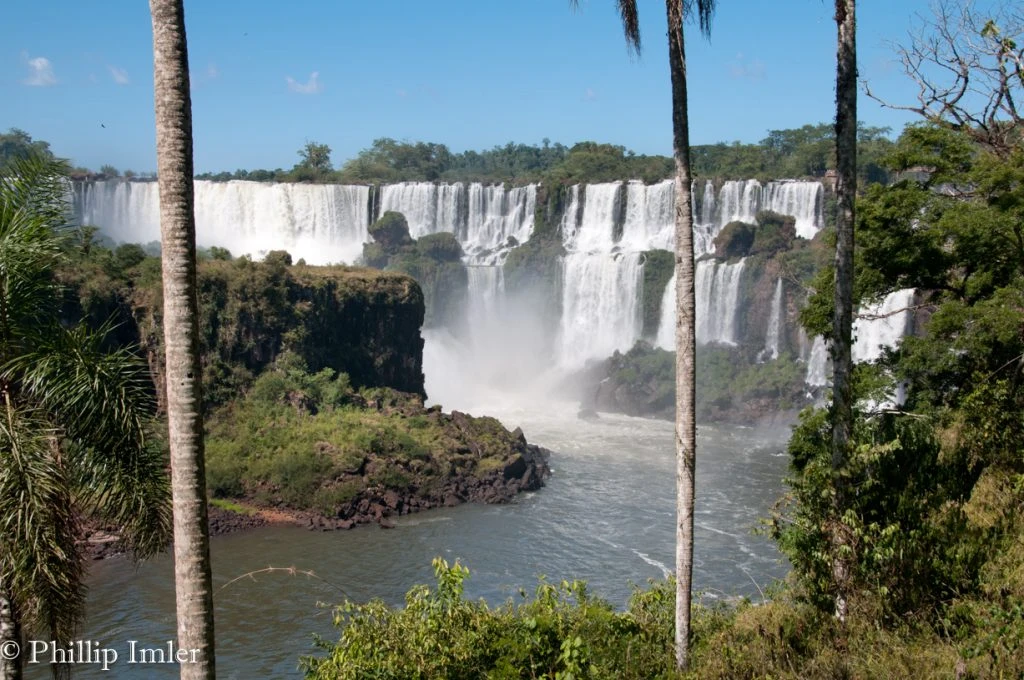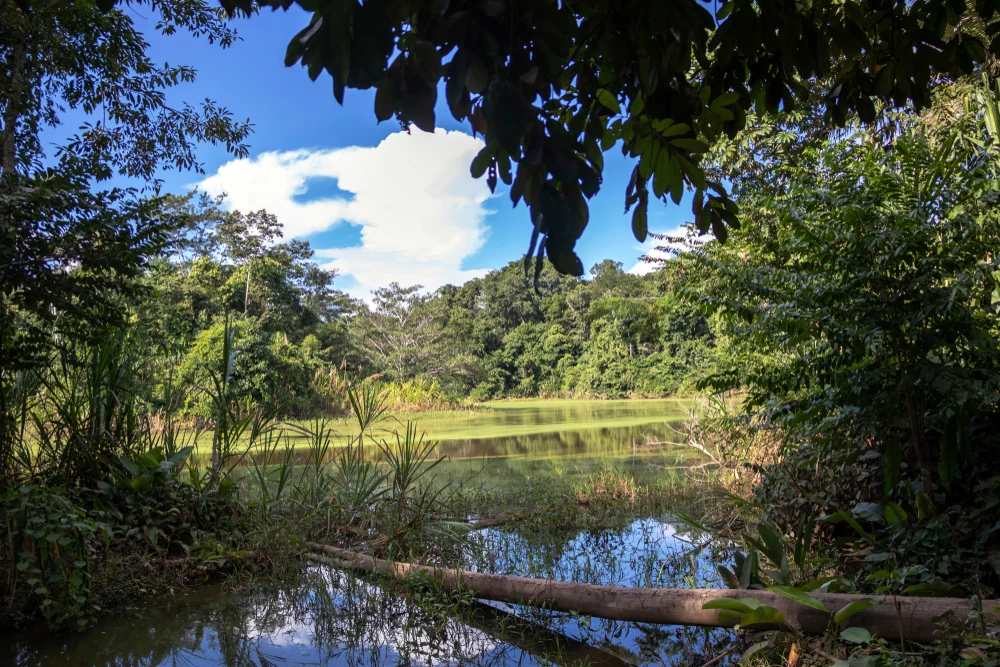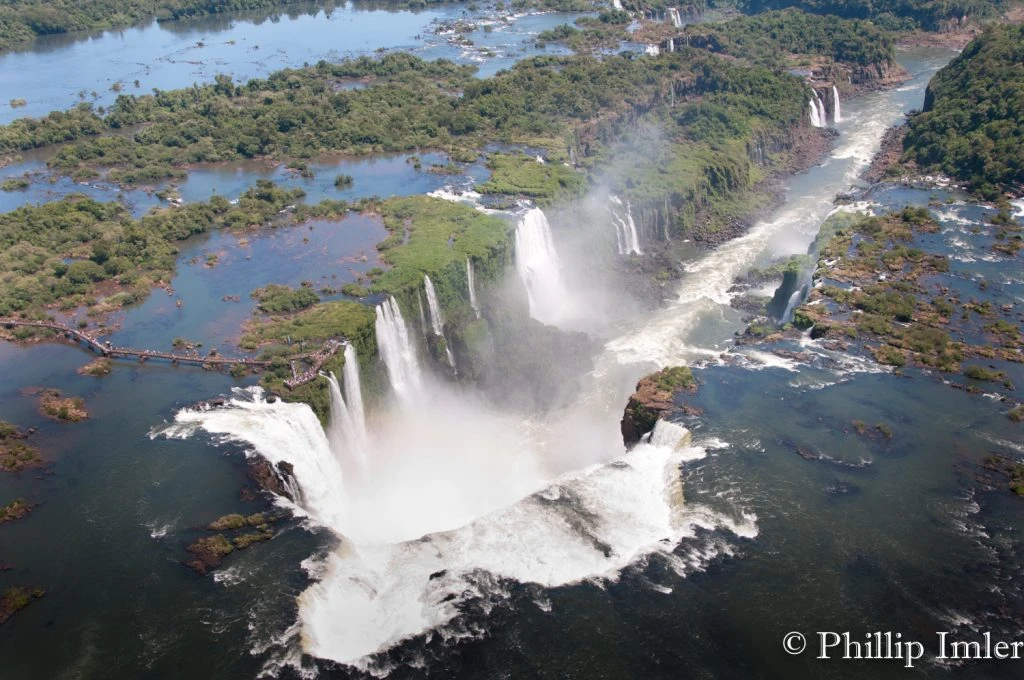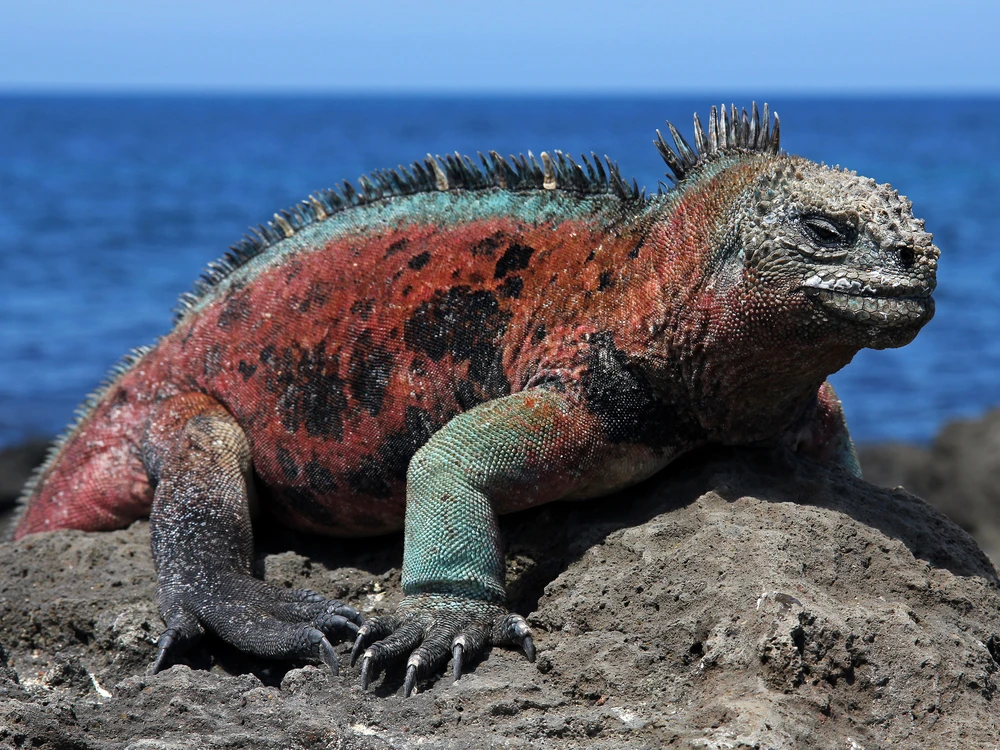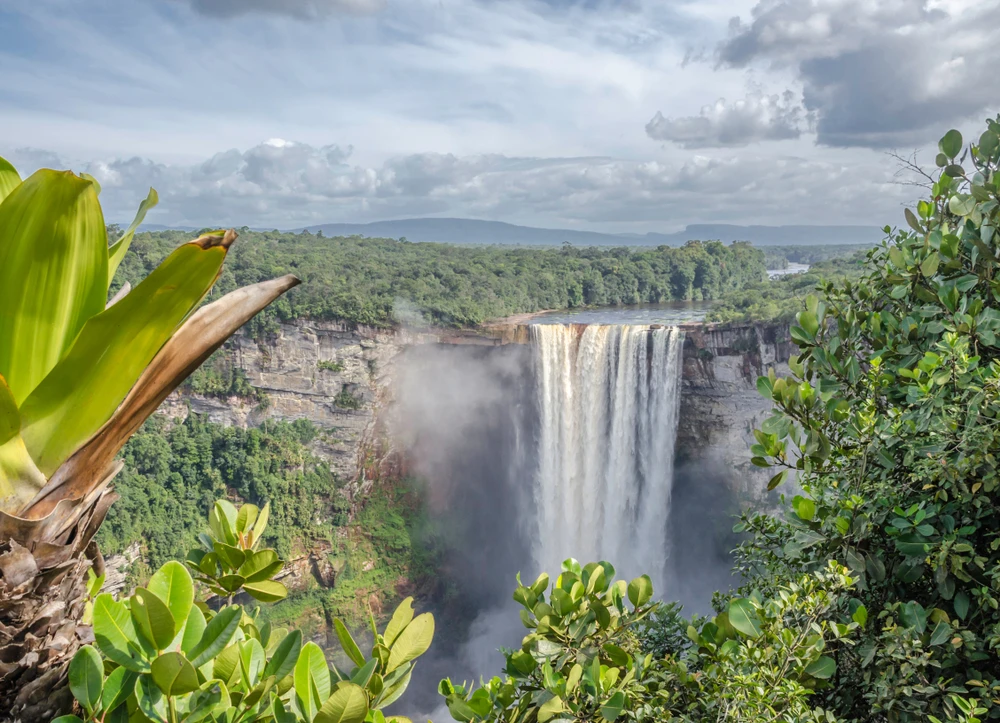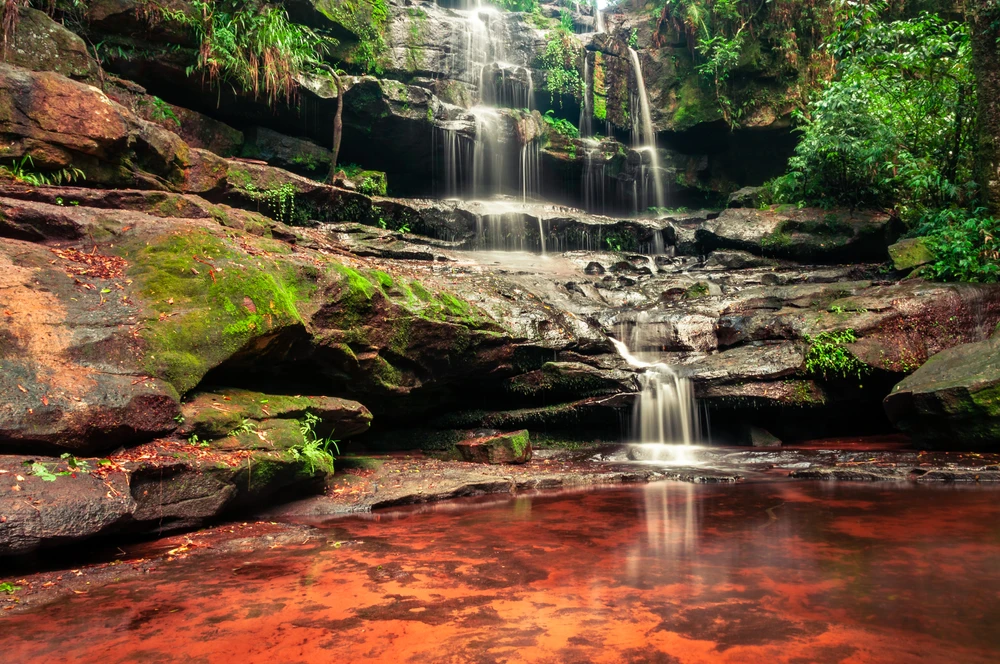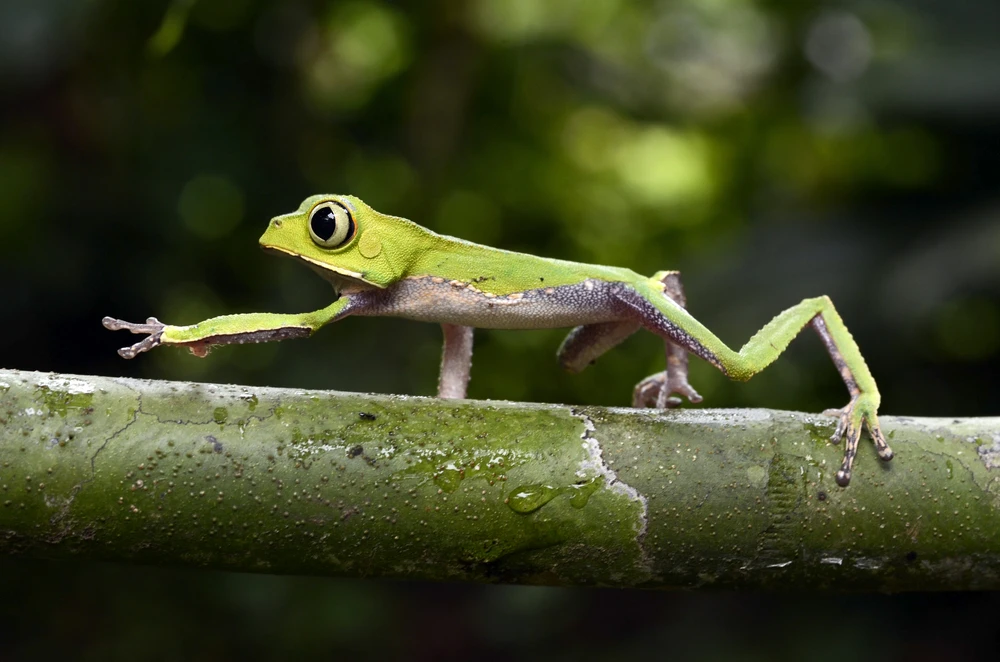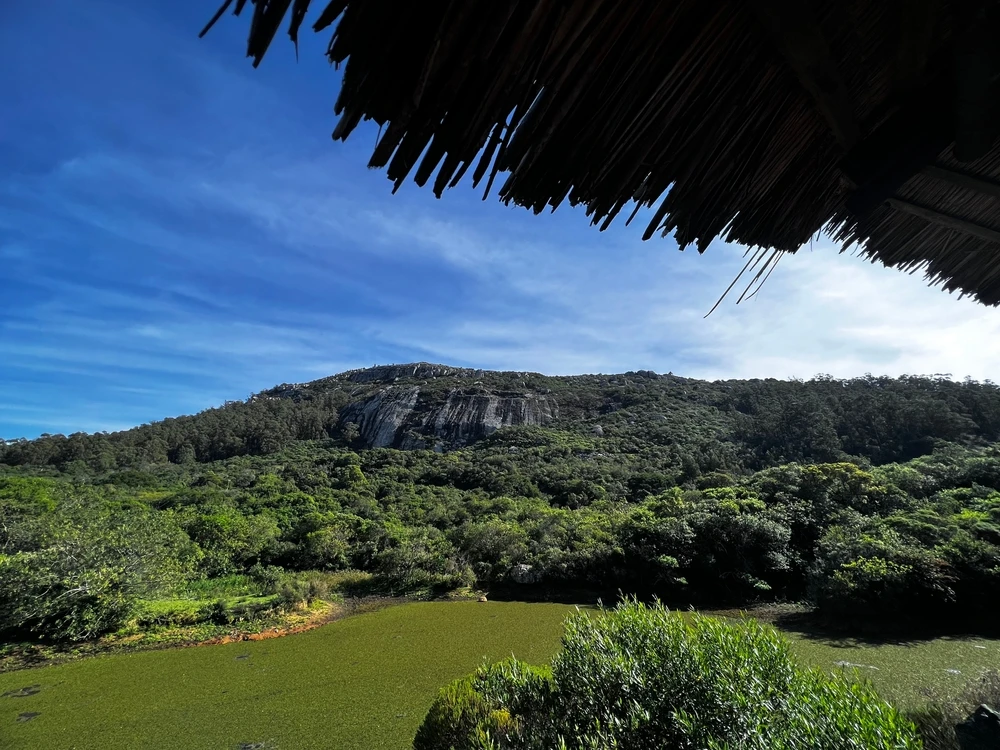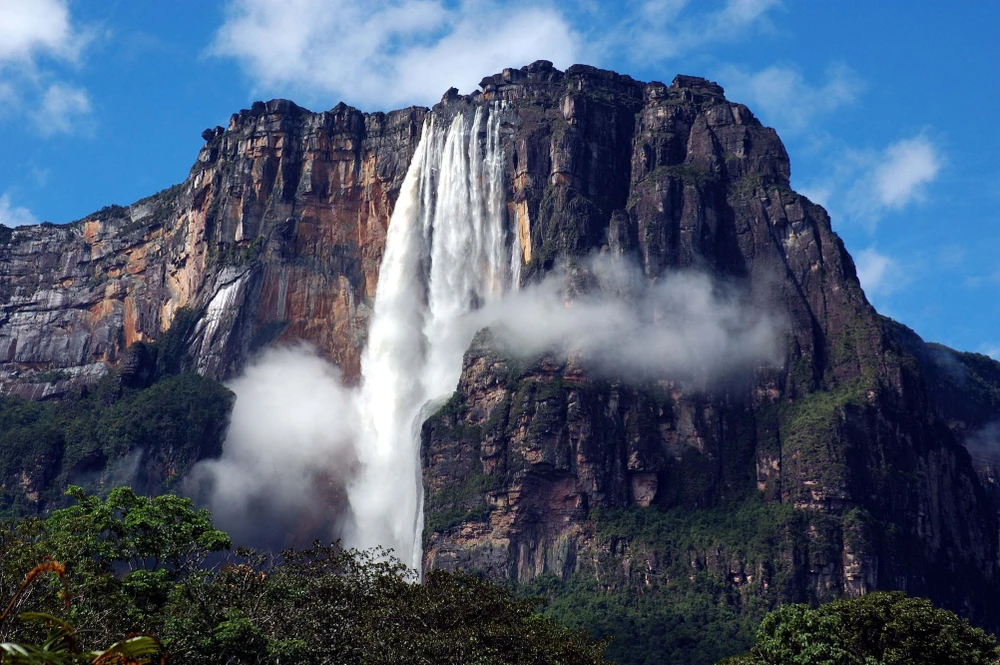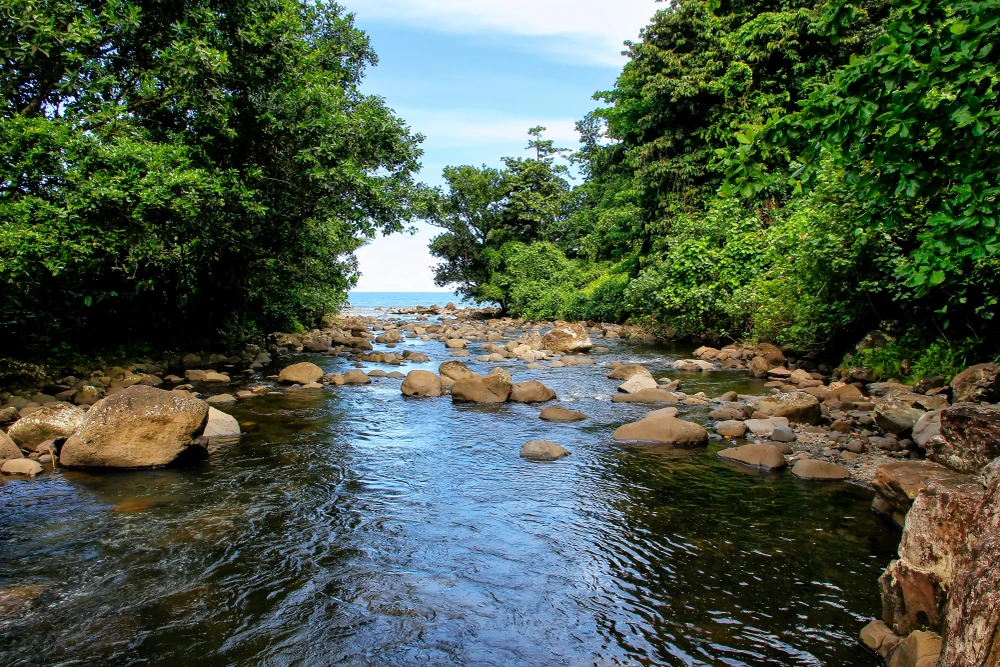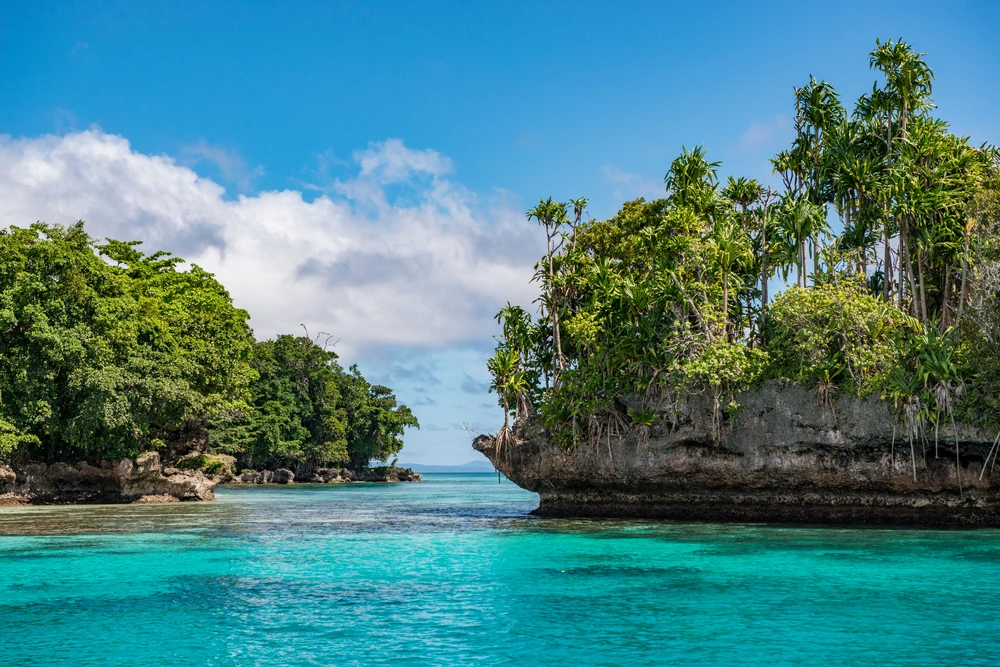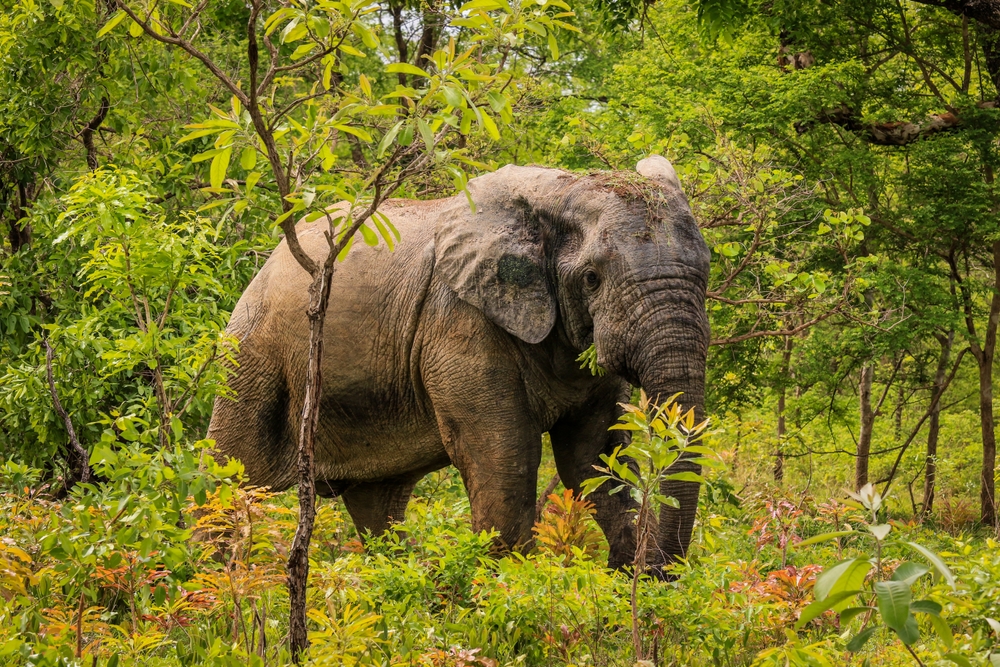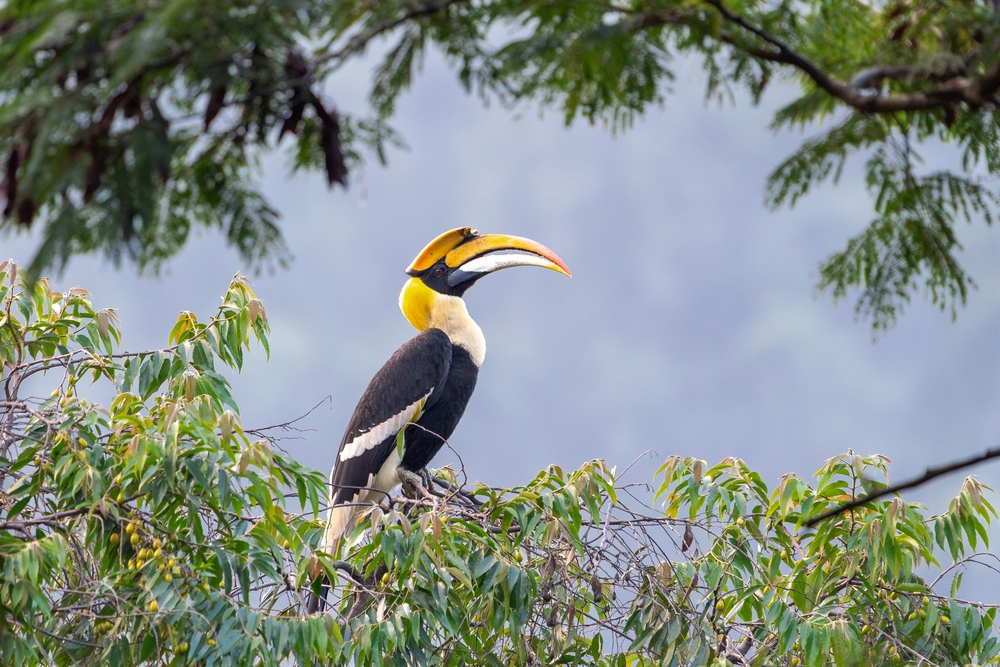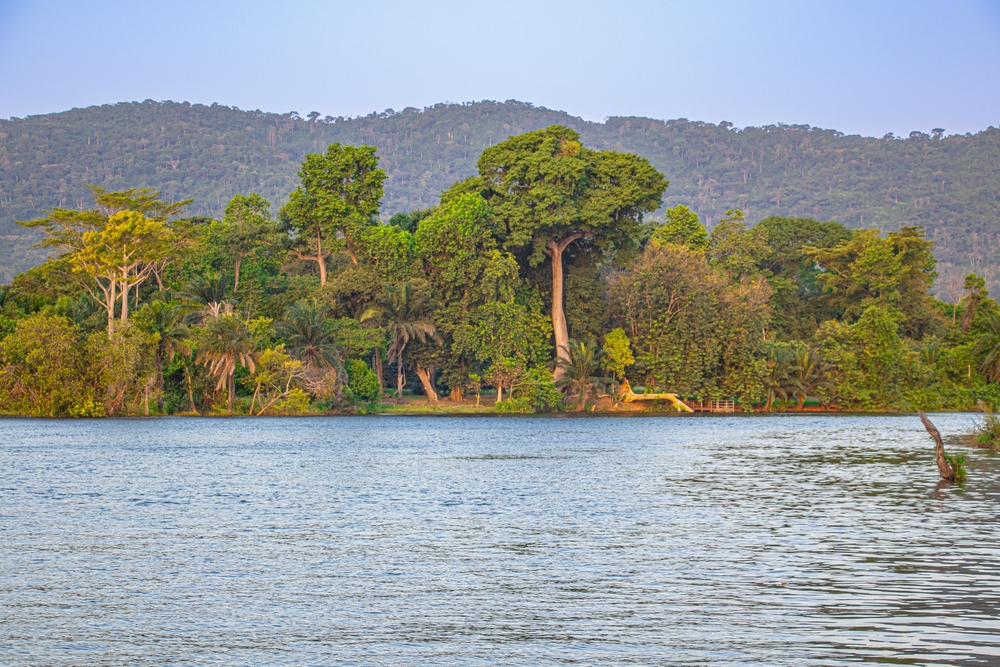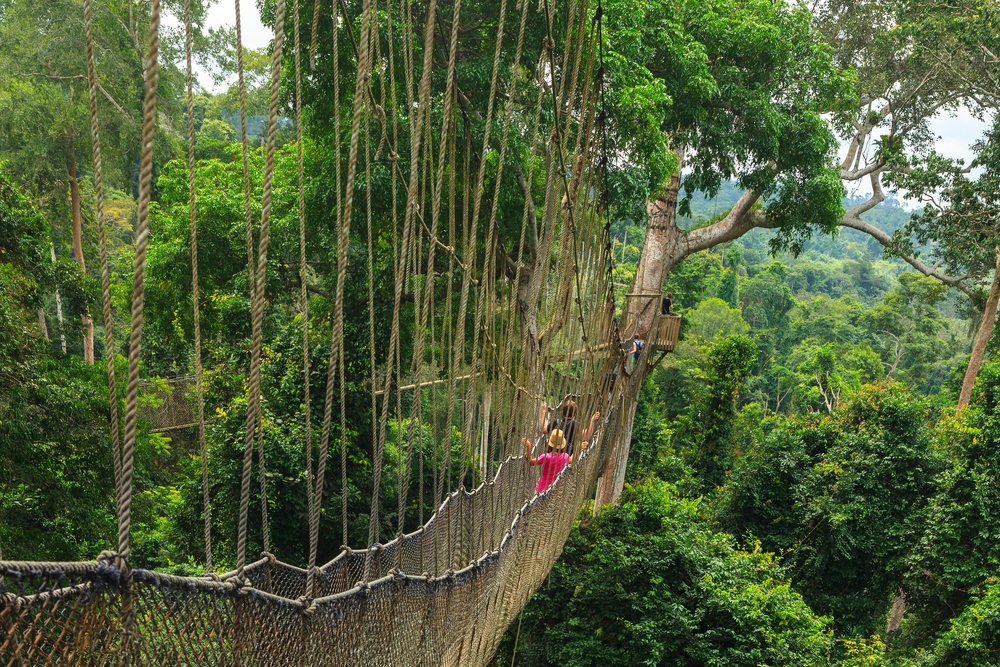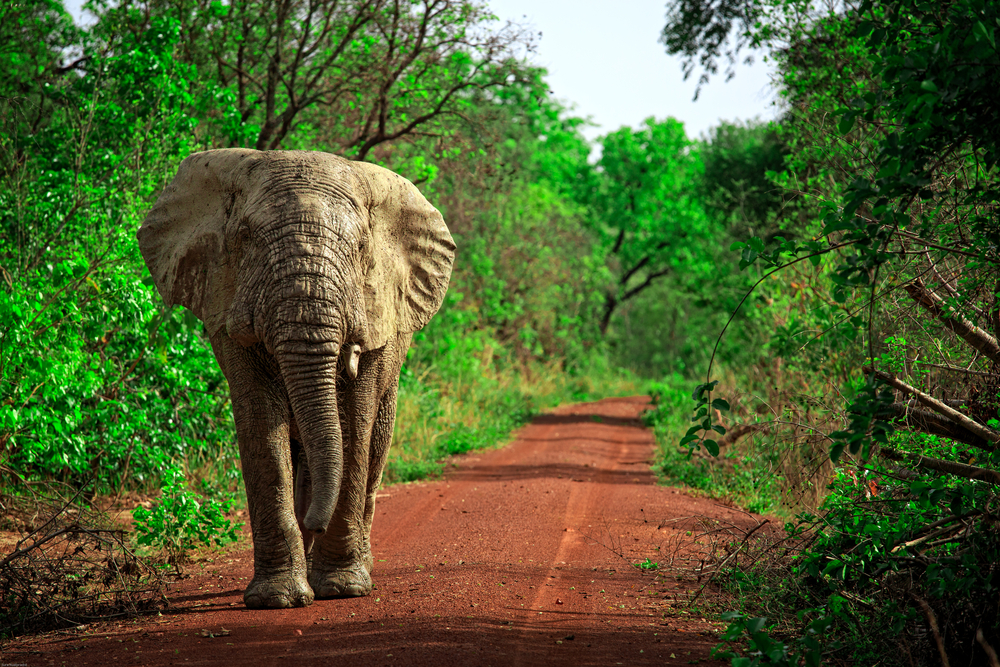Digya Overview
Digya National Park, known locally as Parc National de Digya, is one of Ghana’s oldest protected areas, established in 1900. Situated along the western shores of Lake Volta, in the Bono East Region, the park spans an impressive 3,478 square kilometers (1,342 square miles). Its status as the only national park in Ghana located by a major lake adds to its uniqueness, offering stunning landscapes, diverse ecosystems, and a tranquil retreat for nature enthusiasts.
The park’s topography is characterized by rolling hills, expansive grasslands, and riverine forests. The proximity to Lake Volta provides visitors with breathtaking views of the water, and the lake’s presence greatly influences the park’s biodiversity. Seasonal streams, wetlands, and lush vegetation create a vibrant mosaic of habitats, supporting a wide array of plant and animal species.
Digya National Park is renowned for its rich and varied wildlife. Large mammals such as elephants, buffalo, and roan antelope roam the park’s grasslands and forests. The park also hosts a range of smaller animals, including warthogs and civets, making it an exciting destination for wildlife viewing. Aquatic life is equally remarkable, with the lake and its adjoining wetlands supporting species like West African manatees and Nile crocodiles. The shores of Lake Volta provide a safe haven for these water-dependent species.
Bird enthusiasts will find Digya National Park particularly rewarding, with over 230 recorded bird species. The park’s diverse avian population includes grey parrots, white-throated bee-eaters, and African fish eagles. Migratory birds are also drawn to the park’s wetlands, adding to its appeal for birdwatchers.
The park’s flora is equally impressive, featuring savannah grasslands interspersed with patches of woodland and gallery forests. Towering trees such as kapok and silk cotton dominate the landscape, while aquatic vegetation thrives near the lake and streams. These plant communities provide food and shelter for the park’s fauna, maintaining a delicate ecological balance.
Digya National Park has faced challenges over the years, including habitat degradation and human-wildlife conflict. However, ongoing conservation efforts have been implemented to address these issues. The Ghana Wildlife Division, in partnership with local communities, focuses on anti-poaching initiatives, reforestation projects, and educational outreach programs. These efforts aim to ensure the park’s long-term sustainability and preserve its unique ecosystems.
Visitors to Digya National Park can engage in activities such as wildlife safaris, birdwatching, and boat tours on Lake Volta. The serene environment offers a chance to connect with nature, while the park’s varied landscapes provide opportunities for photography and exploration. With its remarkable biodiversity and scenic beauty, Digya National Park is a hidden gem waiting to be discovered.
In summary, Digya National Park stands as a testament to Ghana’s commitment to conservation. Its stunning landscapes, diverse wildlife, and proximity to Lake Volta make it an unmissable destination for eco-tourists and adventurers.


